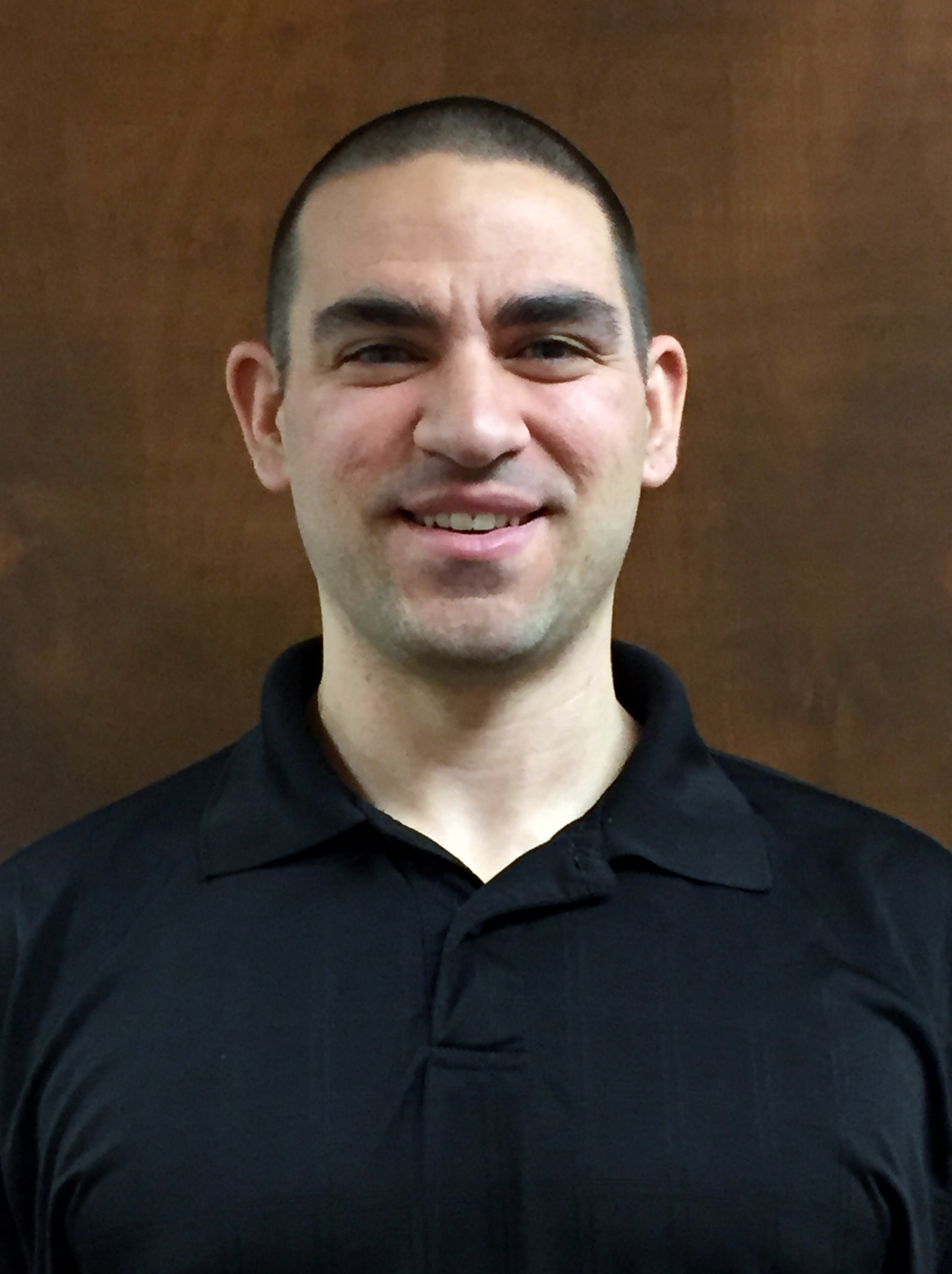Screening For Gambling Disorder Posted On
March is Problem Gambling Awareness Month. This week, we wanted to pay particular attention to Gambling Disorder Screening Day, which takes place on Tuesday, March 13th.
What is gambling disorder?
Gambling disorder is defined as “repeated problematic gambling behavior that causes significant problems or distress.” Every day, millions of Americans struggle with gambling disorder, which can negatively affect many of the closest people to them.
Why is it important to get screened for gambling disorder?
Gambling disorder is NOT a standalone disease. In one study, two-thirds of gamblers surveyed reported that their mental health suffered as a result of their gambling. In fact, the majority of those experiencing disordered gambling have a lifetime history of a psychiatric disorder. In addition to struggling with gambling:
- Over 60% also have a personality disorder.
- Over 49% also have a mood disorder.
- Over 41% also have an anxiety disorder.
Nearly 50% of those with disordered gambling have had suicidal thoughts and over 17% of these individuals have attempted suicide. Problem gambling does not just affect the individual who is gambling, but also his or her loved ones. In one study over 90% of those affected by someone else’s gambling behavior reported emotional distress.
What does this mean for me?
If you or a loved one is currently being treated for a mental health disorder, you are at an increased risk for gambling disorder. Gambling disorder is often referred to as the “Hidden Addiction“, and many times goes undetected. Getting screened for gambling disorder can be an first important step in successful treatment.
How can I take the first step?
If you, or someone you love, are concerned about a gambling problem, help is available. To find the options for gambling disorder screening in your area, contact the NYS HOPEline at 1-877-8-HOPENY (or 1-877-846-7369). There, you’ll reach a trained clinician who will help you identify what help is available, where to find them, and how to get in contact.
Another resources is the guidebook, Your First Steps To Change. This resource is an evidence based document offering plenty of information and direction to begin the path to recovery from problem gambling. The free downloadable book includes self-screening questions, and guidance on taking your first step to change.
Please share this information with everyone you know to help those who may be struggling with gambling disorder. Someone struggling with gambling disorder may or may not have thought about getting screened. By sharing this information, you can help motivate them to get screened for gambling disorder and, perhaps, change their lives!

